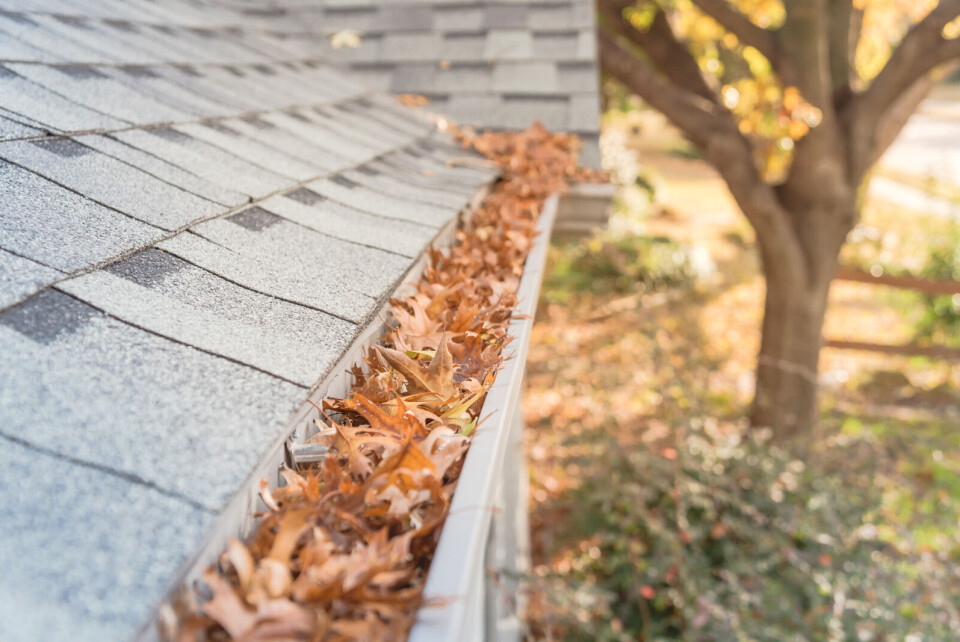-
Do roof repairs need to be declared to French tax authorities?
Repairs do not usually require planning authorisation to be issued
-
Burglaries: the French cities and towns most - and least - affected
New official stats have been released with significant geographical differences
-
French energy vouchers: 2025 date confirmed – and it is much later than usual
Five million people are eligible for the physical voucher, which can be up to €277
French gutter rules stop rainwater soaking the neighbours
Rainwater has its own section of the French civil code, with the principle that any falling from roofs should be directed to your own garden or on to public roads

Homeowners have a legal obligation to channel rainwater away from neighbouring plots of land or risk enforcement action.
Properties built in the middle of a plot usually encounter no problems. However, when a house is built on the edge of a plot, a legal obligation called égout des toits means gutters must be aligned so that rain is canalised on to your own ground and not next door.
Where this is not the case, the neighbour can ask you to change the guttering, with the full backing of the law to enforce it.
An exception is if the guttering sending water next door has been in place for more than 30 years, due to a right called servitude de surplomb. In this case, the neighbour must pay for the maintenance of your gutters.
Rainwater rules also apply in disputes when the ownership of a boundary is not certain.
The principle is that the owner of the building is presumed to be the owner of the ground under the gutters.
Only counter-evidence from the neighbour in the form of a notaire’s act or court judgment can change this.
Rainwater from gutters can be sent out into public roads or drains – except where communes have imposed local by-laws imposing a separation between used domestic water and rainwater, and where there is no separate communal rainwater system.
For buildings built on sloping land, rainwater, spring water and water from melting snow can be left to flow down the slope into neighbouring properties. Water from domestic or industrial use and sewage is exempt.
The neighbour at the lower level is banned from building dams or pumping systems to stop this flow of rainwater over their property.
Homeowners also have the right to recover rainwater for their own use, although strict health regulations apply when using it for domestic purposes.
Related stories
Neighbours are not liable for storm damage in France
French property: Who is responsible for the upkeep of a shared wall?
























